#cat's paw nebula
Explore tagged Tumblr posts
Text

The Cat's Paw Nebula, NGC 6334 // Wolfgang Promper
#astronomy#astrophotography#nebula#emission nebula#star-forming region#cat's paw nebula#NGC 6334#Sh2-8#scorpius
117 notes
·
View notes
Text

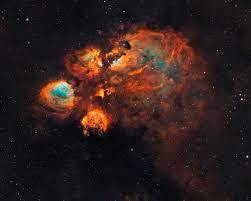
28 notes
·
View notes
Text
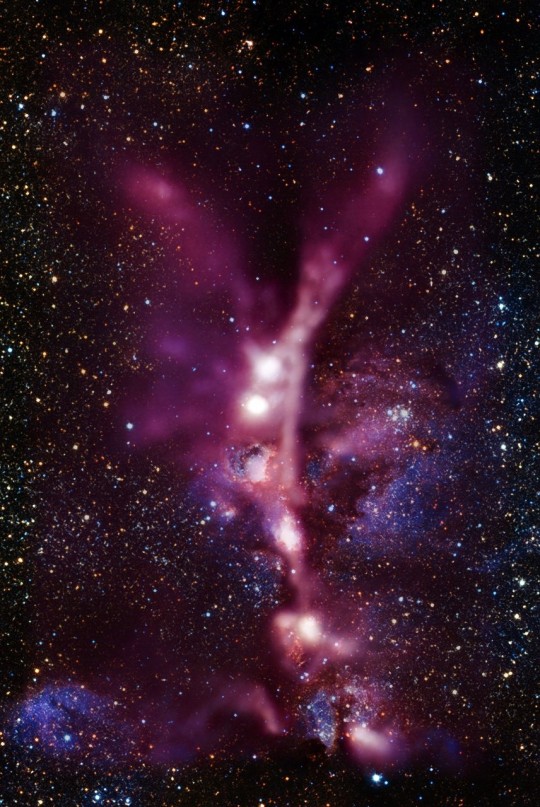
Cat's Paw Nebula
95 notes
·
View notes
Text

NGC 6334, Cat's Paw
1K notes
·
View notes
Text

@starheirxero
#nobt#sun and moon show#tsams#sams#lunar and earth show#laes#tsams lunar#art#lunar#lunar eclipse#laes lunar#tlaes lunar#tlaes#Void Lunar#evil lunar#Mild gore#i suppose#Eyes are the#Cats paw Nebula#Gum 64#anatomical heart
14 notes
·
View notes
Text

The Cat's Paw Nebula (NGC 6334) by NASA's Marshall Space Flight Center
578 notes
·
View notes
Photo

NGC 6334: The Cat's Paw Nebula
Credits: T. A. Rector, U. Alaska, NOAO, AURA, NSF
256 notes
·
View notes
Text



Rumor has it that somewhere in distant galaxies, among the twinkling stars and nebulae, there are space cats. They say that their fur shimmers with all the colors of space, and their eyes sparkle like distant quasars 🌌
In fact, if you were to meet one, it would be almost impossible to tell it apart from an ordinary fluffy cat. Except that the purr of a space cat sounds a bit like the song of distant stars ….. and the habit of sleeping curled up is suspiciously similar to the shape of a black hole ⭐️
Otherwise, the same fluffy paws, playful tail, and boundless love for treats and affection. So if your kitty suddenly starts staring at the stars - do not be frightened, perhaps he is just remembering his distant home ⭐️
159 notes
·
View notes
Text


Behold, the Aohyo! (ow-h-yoh)
Basically, a big space cat. This is a creature from @aralinedelia's avicorian fanfic, Light as a Feather, Heavy as the Sky. I suggest you all read it!
The Aoyho are a big cat-like species that lives in a pocket dimension in the Chintellinous nebula. They’re an apex predator and have a defense mode that allows them to shoot plasma from their mouths and gather at its paws. When calm, they have tan fur that covers most of their body. Their legs, ears, and tails are smooth, blue, and somewhat transparent. When in defense or agitated, their eyes glow the same blue as its plasma and translucent limbs. Star-like bioluminescent freckles light across their fur when charging or dispelling the plasma. While they're apex predators, the Aohyo are also omnivores. Their diet consists of fatty meats, fibrous plants, and water. Some try to befriend them if they get stuck on their planet, but they can be pretty temperamental. However, once you do befriend one, they bond to you for life and are fiercely loyal.
#voltron#voltron legendary defender#lance mcclain#vld lance#voltron fanart#art#digital art#lance voltron#avicorian continuation#avicorians#alien oc#alien species#aohyo#voltron fanfic#ao3 fanfic#ao3#aralinedelia#space cat#caturday#danger cat but i wanna pet
58 notes
·
View notes
Text

Cat's Paw Nebula, photographed 29th May 2023 using t59 @ Siding Springs, Australia - colourised by me (I messed up, too much red).
#nebula#astrophysics#astrophotography#cosmos#space#outer space#telescope#space photography#astronomy#photography
76 notes
·
View notes
Text
Anattraction



Anattractional alt. flag | Anattractionalspec alt. flag | Greyattractional



Demiattractional | Delloattractional | Fictioattractional



Anattractionalflux | Anattractionalfluid | Anattractionalflexible



Anattractionalspike V.1 | Anattractionalspike V.2 | Anattractionaljump



Darkgreyanattractional | Lightgreyanattractional | Atomoanattractional



Reciproanattractional | Lithioanattractional | Frayanattractional



Myranattractional | Cupioattractional | Bellusattractional

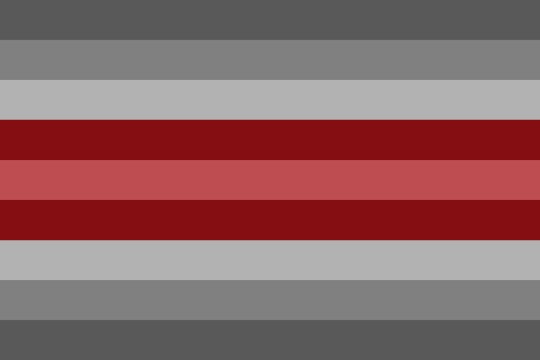
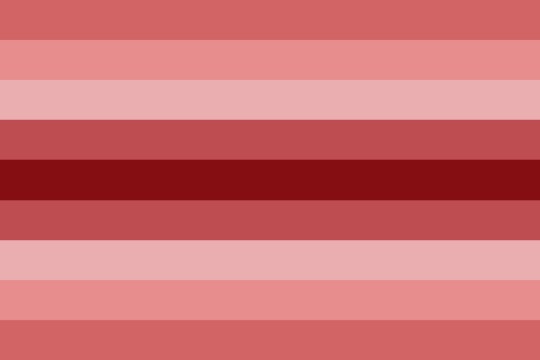
Anattractionalvague | Lovelessanattractional | Heartlessanattractional


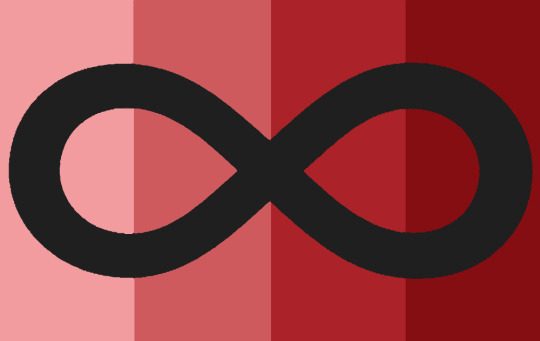
Apothiattractional | Orchidattractional | Neuroattractional

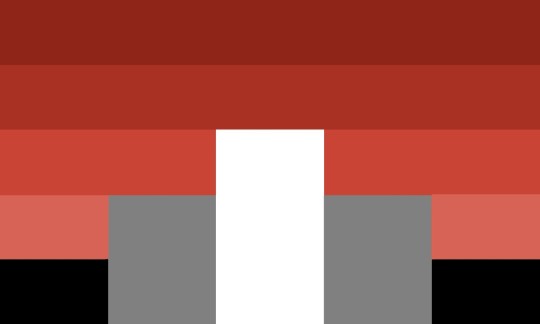

Autianattractional | Caedattractional | Nebulaattractional
Nebulaattractional: When someone has truble to or can't distiguish between attraction types due to their neurodivergency. The difference between Nebulaattractional and nebulous attraction [link] is that nebulaattractional is specifically when none of one's attraction types are clearly distinguishable and/or when one has generally truble understanding what attraction as a whole is/feels like. Also unlike nebulous attraction nebulaattractional is exclusive to neurodivergent people. Nebulaattractional people might identify as nebulatomantic, nebulasexual, nebulaplatonic, nebulasensual, nebulaqueerplatonic, nebulalterous, nebulaalterous and nebulaaesthetic. Color picked from the cat paw nebula [link]. Inspiration for this post came from Ryanyflags' posts with different Aspec lables, here as an example is the one with Aplatonicspec[link].
#anattractional#anattractionalflux#anattractional spectrum#anattractionalspec#flux#aspec#greyattractional#grayattractional#lightgreyattractional#lightgrayattractional#darkgreyattractional#darkgrayattractional#atomoanattractional#demiattractional#dello#delloattractional#fictioattractional#anattractionalspike#anattractionaljump#anattractionalfluid#anattractionalflexible#recipro#reciproattractional#lithio#lithioattractional#fray#frayattractional#apothi#apothiattractional#orchidattractional
58 notes
·
View notes
Text


34 notes
·
View notes
Text
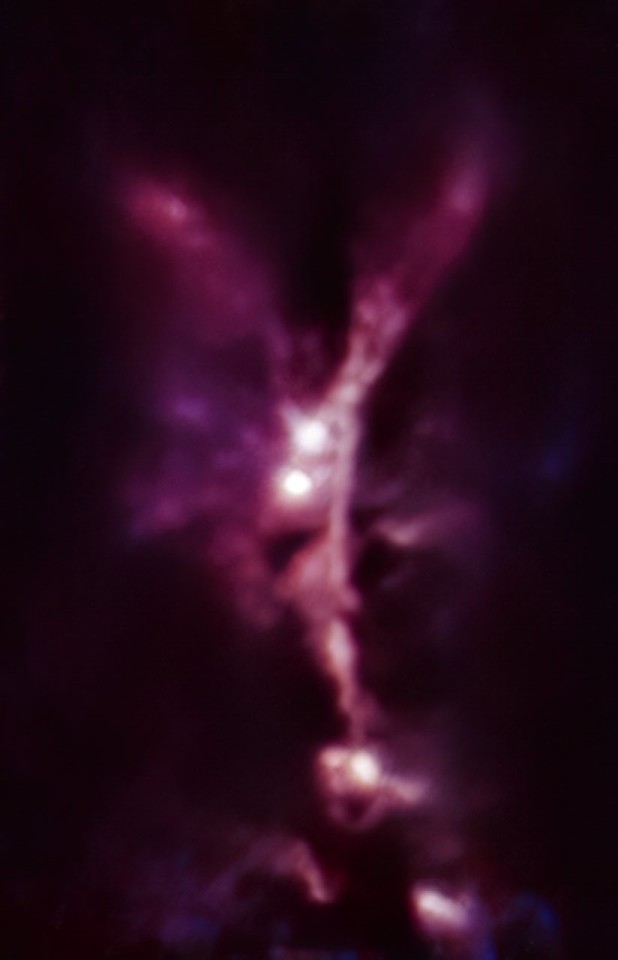
Fuzzy Paw
9 notes
·
View notes
Text
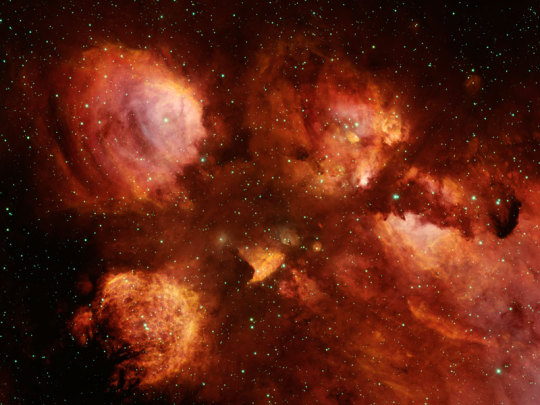
NGC 6334, Cat's Paw
3K notes
·
View notes
Text

CAT ︰FELINE ID PACK

NAMES︰ aina. aislin. alonzo. amaris. amaru. ash. asher. aster. aylin. bast. bastet. bengal. burmilla. butterscotch. calico. cassandra. cat. catherine. catline. catness. catrine. catriona. catsel. chacha. chancey. charm. chartreux. chat. chaton. chausie. cheshire. chichi. clover. dreametta. drowsette. dust. dustbunny. eada. elara. falin. fang. feli. felias. felicity. felin. felina. feline. felis. felius. felix. felyne. fifi. fluffy. fortuna. fortunato. fuwa. gatita. gatito. gato. george. ghost. ginger. gold. hima. hiraya. honey. hypnoticesse. kat. katelyn. katti. kiara. kiki. kissa. kit. kitlita. kitri. kittie. kittlin. kitty. kizzy. koi. koneko. korat. kovu. kätzchen. layla. leo. leon. liora. lolly. lucifer. luckita. lucky. luna. lunar. lunette. mafdet. maine. maneki. mao. marble. marie. meekine.meeko. meowesse. meowette. meowlina. meowser. meowy. mew. mewbell. mewmi. mewy. mici. micino. mimi. minette. minou. mischieffe. mist. mizuki. molly. mona. moonie. morphius. munchkin. nala. narcyz. narkissa. nebula. neko. nemuri. neoma. neomi. nova. nuka. nyamu. oliver. otto. palu. patches. pawline. platinum. plato. purmwyn. purriette. purrsie. pwounce. ragdoll. ravae. saffron. selenia. silver. simba. sleepesse. smoke. smokey. star. stone. stripes. suerte. sunny. tabby. thomas. tiger. tigger. tigris. tom. ton. tyche. tychon. valor. victor. victoria. vitami. whiskers. yue. yume. zira.

PRONOUNS︰ bean/bean. bell/bell. bite/bite. calic/calico. calico/calico. carnivore/carnivore. cat/cat. cat/like. caterwaul/caterwaul. catnip/catnip. chance/chance. charm/charm. chase/chase. chatter/chatter. che/cher. chirp/chirp. chuff/chuff. claw/claw. cle/clever. coin/coin. col/collar. collar/collar. curi/curiou. cute/cute. dark/dark. dream/dream. drow/drowsy. dust/bunny. dust/dust. dust/kitty. dustbunny/dustbunny. dustkitty/dustkitty. fae/fang. fang/fang. fang/fang.carni/carnivore. fate/fate. feli/feli. feli/feline. felicitous/felicitou. feline/feline. flu/fluffy. fluff/fluff. for/tune. fuzz/fuzz. fwu/fwuffy. ginger/ginger. grey/grey. hi/his. hiss/hisse. hunt/hunt. hunter/hunter. hx/hxm. hy/hym. hy/hymn. it/it. ix/ix. jungle/jungle. kit/kit. kit/kitten. kit/kitty. kitty/kitty. luck/luck. me/meek. meow/meow. meows/meow. mew/mew. mimimi/mimimi. mis/mischief. molly/molly. moon/moon. mrow/mrow. mrreow/mrreow. mrrp/mrrp. nap/nap. neko/neko. nim/nimble. nya/nay. nya/nya. paw/paw. pet/pet. play/play. pou/pounce. prr/prr. purr/purr. queen/queen. quiet/quiet. roar/roar. shx/hxr. shy/hyr. slee/sleep. sneak/sneaky. snooze/snooze. soft/soft. star/star. stripe/stripe. tabby/tabby. thxy/thxm. thy/thym. tiger/tiger. tired/tired. tom/tom. trill/trill. void/void. whis/whisker. yawn/yawn. yowl/yowl. zhe/zher. zi/zi. zz/zz. 🍣. 🐀. 🐁. 🐅. 🐆. 🐈. 🐈⬛. 🐭. 🐱. 🐾. 💤. 😺. 🥛. 🥩. 🦁. 🦴. 🧶. 🧸. 🧺.

#pupsmail︰id packs#id pack#npt#name suggestions#name ideas#name list#pronoun suggestions#pronoun ideas#pronoun list#neopronouns#nounself#emojiself#catkin#cat therian#kittenkin#kitten therian
128 notes
·
View notes
Text
Scientists have discovered a hitherto unknown space molecule while investigating a relatively nearby region of intense star birth, a cosmic spot about 5,550 light-years away. It's part of the Cat's Paw Nebula, also known as NGC 6334. The team, led by Zachary Fried, a graduate student at the Massachusetts Institute of Technology (MIT), examined a section of the nebula known as NGC 6334I with the Atacama Large Millimeter/submillimeter Array (ALMA). This revealed the presence of a complex molecule known as 2-methoxyethanol, which had never been seen before in the natural world, though its properties had been simulated in labs on Earth. Discovering molecule 2-methoxyethanol was remarkable. It contains 13 atoms, which may not sound like a lot, but only six molecules have been discovered in space with an atom count beyond this. This molecule also represents the largest and most complex "methoxy" molecule found in space to date, referring to a chemical with a methyl group atom bound to an oxygen atom.
Continue Reading.
84 notes
·
View notes